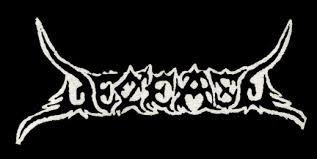
记忆方法
将“decease”分解为“de-”和“cease”。记忆方法是想象一个过程正在逐渐“消失”(cease),而“de-”是一个加强或彻底的词缀,表示这个过程是“完全消失”或“去世”。这样,你可以将“decease”记忆为“去世”或“消失”的意思。
以上内容由AI生成, 仅供参考和借鉴
中文词源
decease 死亡
de-, 向下,离开。cease, 停止,终止。引申义死亡。
英语词源
- decease
-
decease: see predecessor
- decease (n.)
- "death," early 14c., from Old French deces (12c., Modern French décès) "decease, death," from Latin decessus "death" (euphemism for mors), also "a retirement, a departure," from decess-, past participle stem of decedere "die, depart, withdraw," literally "to go down," from de- "away" (see de-) + cedere "go" (see cede). Still used with a tinge of euphemism.
- decease (v.)
- "to die," early 15c., from decease (n.). Related: Deceased; deceasing
权威例句
- 1. Upon his decease the house will pass to his wife.
- 他死后房屋归他太太所有.
- 2. Upon your decease the capital will pass to your grandchildren.
- 你一过世,资产就转到你孙子的名下.
- 3. The general's decease left the army without a leader.
- 将军死亡使这支军队群龙无首.
- 4. Vietnam also has reported recent cases of blue ear decease ( disease ).
- 越南也报告说最近发现蓝耳猪的病例.
- 5. Upon your decease the house will pass to your wife.
- 你死后房屋归你太太所有.